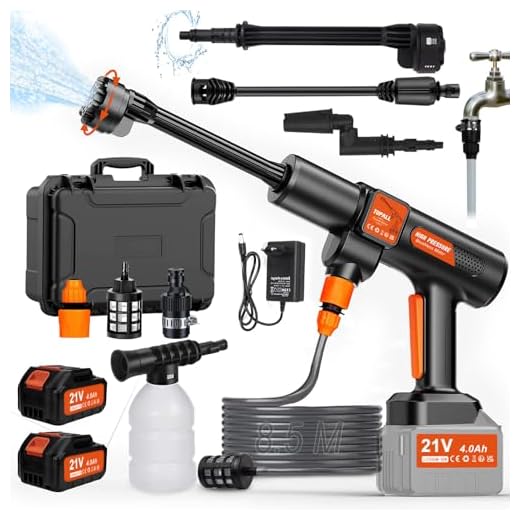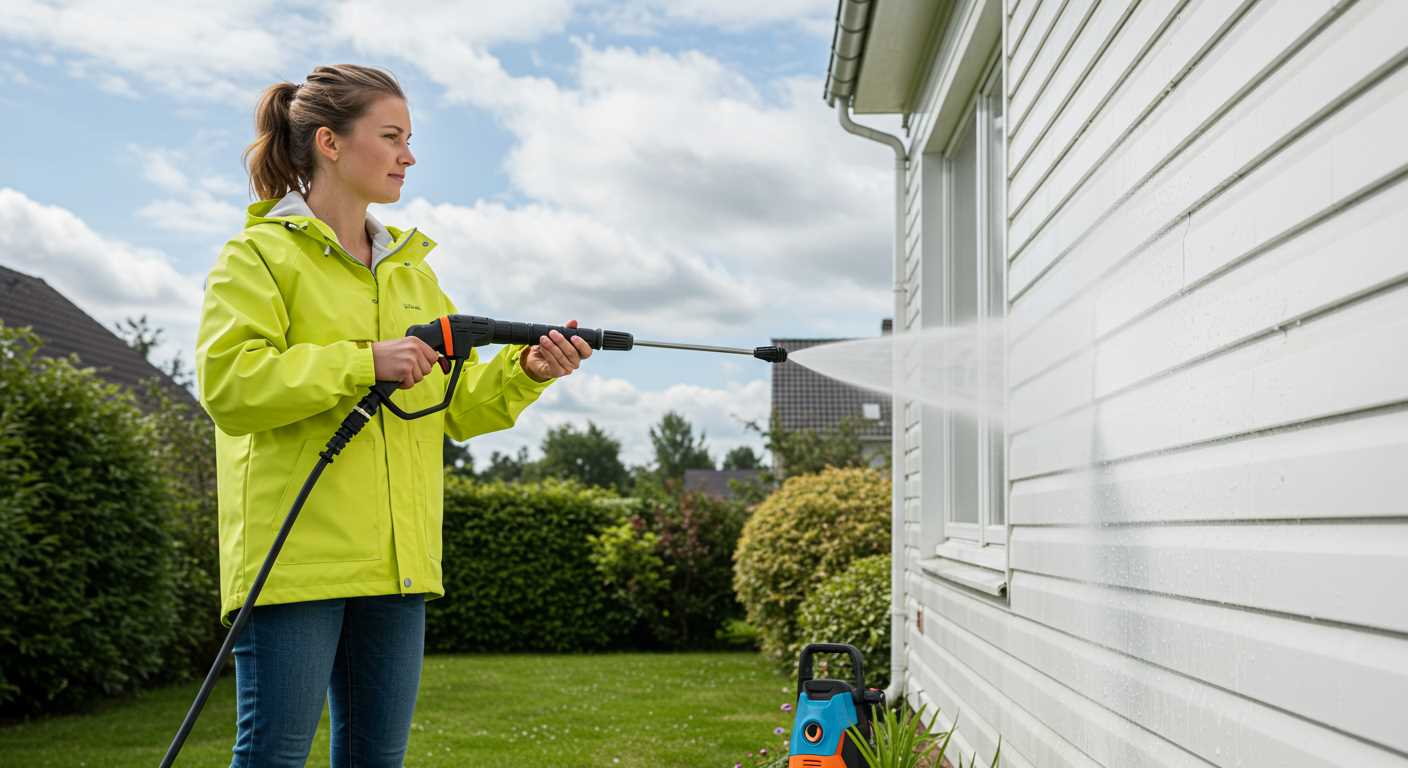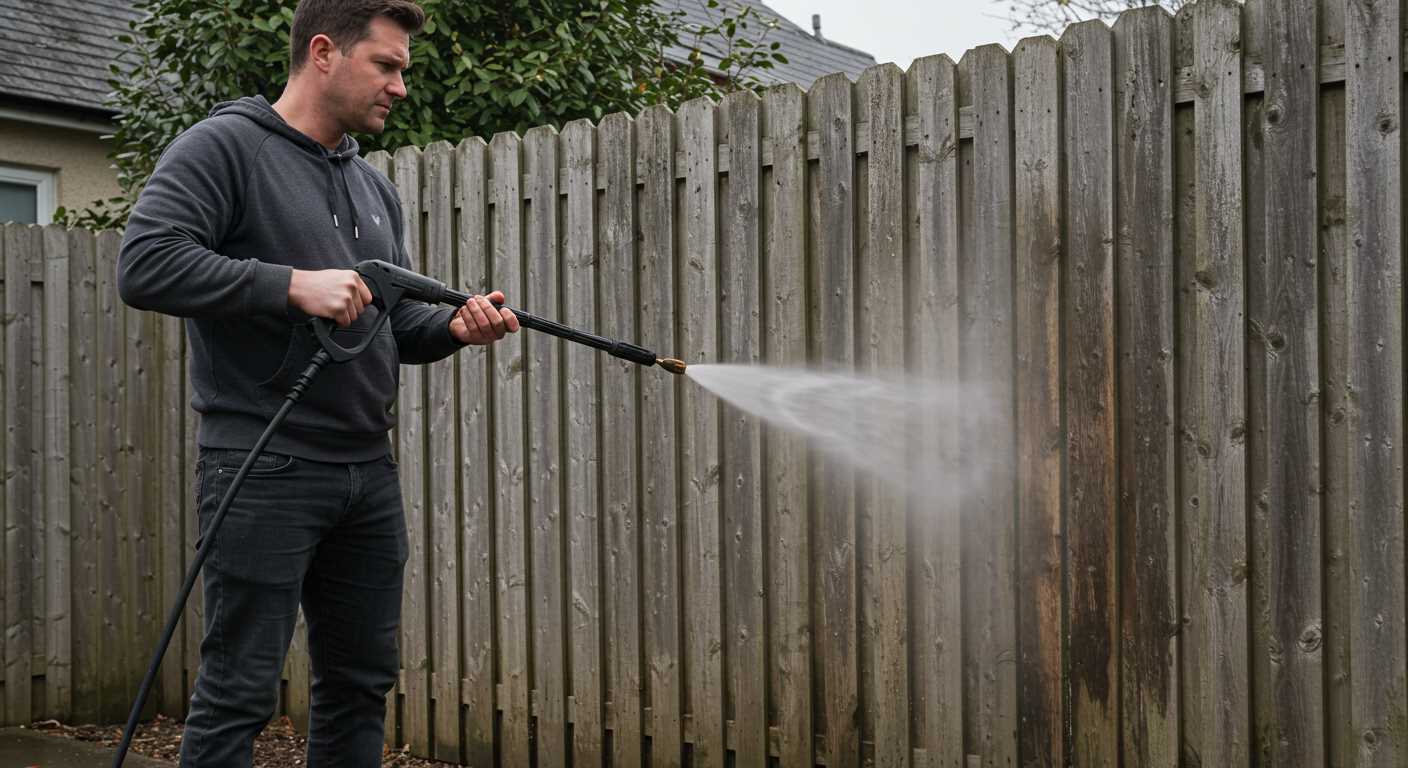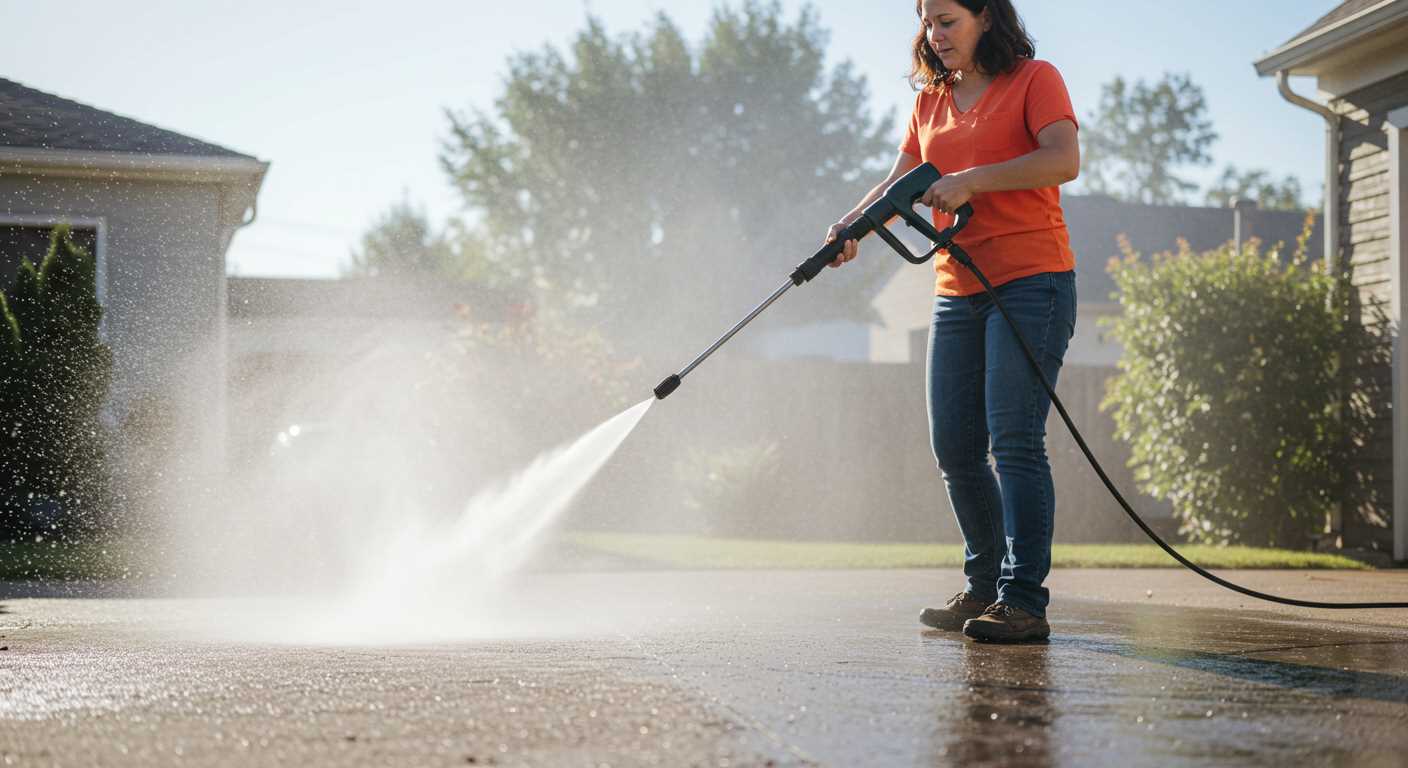



Prices for high-output cleaning devices typically range from £300 to £3,000, influenced by factors such as brand reputation, design and specifications. For instance, entry-level units suited for light duties can be found at the lower end of this spectrum, while advanced machines with higher pressure ratings and additional features command prices on the higher side.
Mid-tier options can be acquired for around £750 to £1,500, offering enhanced durability and efficiency, ideal for more demanding applications. When selecting a unit, it’s worth considering not only the upfront cost but also the potential savings in time and effort, as more robust machines often provide faster results, thereby improving productivity.
The investment should also factor in maintenance costs, which vary by model. Some manufacturers provide extended warranties or service plans, which can mitigate future expenses. Additionally, consider the availability of replacement parts and customer support, which can significantly impact long-term ownership satisfaction.
Factors Affecting the Price of Commercial Pressure Washers
Consider engine type and horsepower. Units with gas engines generally cost more than electric ones, with the former offering higher power levels and portability. Higher horsepower engines provide increased cleaning effectiveness, which can justify a higher investment.
Materials and Build Quality
The construction materials impact durability and price. Models made with stainless steel or reinforced plastic tend to withstand harsh conditions better than those using cheaper materials. Investing in a robust machine can save money on repairs or replacements in the long run.
Features and Accessories

- Pressure Ratings: Higher PSI ratings come with a premium cost and result in faster, more efficient cleaning.
- Water Flow Rate: Units providing higher GPM (gallons per minute) enhance performance, allowing quicker completion of tasks.
- Attachments: Additional nozzles, surface cleaners, or telescoping wands may add to the price but greatly increase versatility and usability.
Lastly, brand reputation plays a significant role. Well-established brands often demand higher prices due to perceived reliability and service support. However, do not overlook lesser-known brands that may offer excellent value without sacrificing quality.
Price Range for Entry-Level Equipment
For those entering the realm of high-pressure cleaning devices, expect the entry-level models to cost anywhere between $200 to $600. This price bracket typically features units with sufficient power for residential and light commercial tasks, generating pressure ratings from 2000 to 3000 PSI, and flow rates around 1.5 to 2.5 GPM.
Specifications and Brands
.jpg)
In this price range, several reputable brands like Simpson, Generac, and Sun Joe offer reliable machines. Look for features such as durable frames, quality pumps, and user-friendly controls. These elements significantly impact the overall satisfaction and longevity of the equipment.
Additional Costs
Don’t forget to factor in additional expenses such as accessories and maintenance supplies. Detergents, surface cleaners, and replacement nozzles may add another $50 to $150 to your initial investment. Being informed about these costs will help in budgeting effectively while ensuring optimal performance of your cleaning gear.
Mid-Range Equipment Costs and Features
Investing in a mid-range cleaning unit typically costs between £300 to £800. This range represents machines that balance quality and performance, suitable for small businesses and demanding residential tasks.
Units in this category usually feature powerful electric motors ranging from 1,500 to 3,000 PSI, delivering ample pressure for most cleaning applications. The water flow rates between 1.5 and 3.0 gallons per minute (GPM) enable effective dirt removal without excessive water usage.
Durability is a key focus in this range, with models constructed from robust materials such as reinforced plastic or lightweight aluminium frames, ensuring they withstand regular use. Look for options equipped with brass fittings and high-quality hoses to prevent leaks and damage.
User-friendly designs are common, including adjustable wands and varying nozzle tips for different cleaning tasks. Some machines come with built-in detergent tanks, allowing for seamless application and improved cleaning performance on tougher stains.
Mobility is enhanced with wheels and lightweight designs, making these units suitable for transport and storage. Additionally, noise levels are generally lower, providing a more pleasant working environment, especially in residential areas.
In summary, selecting the right mid-range unit involves evaluating your specific needs in terms of power, durability, and versatility. These machines present a solid investment for those seeking reliability without breaking the bank.
High-End Equipment: What to Expect

Investing in high-end cleaning tools often translates to enhanced durability, performance, and numerous features designed for demanding tasks. These models typically start at around £2,000 and can go over £5,000, depending on specifications and accessories.
One of the key benefits includes superior build quality. Expect reinforced frames and rust-resistant components, allowing for prolonged usage without frequent repairs. Performance-wise, these units boast higher PSI ratings, often exceeding 4,000 PSI, combined with superior GPM rates for more effective washdowns.
Advanced features like variable pressure settings, enhanced nozzles, and integrated heating systems provide versatility for a variety of cleaning jobs. For instance, models featuring heated water capability can effectively tackle oil and grease, which is often a challenge for entry-level machines.
In addition, ergonomic designs ensure comfort during prolonged use, minimising operator fatigue. Incorporating well-designed wheels aids mobility, making it easier to transport across different job sites.
Another consideration is the warranty offered. Premium brands typically provide extensive warranties, reflecting their confidence in the longevity of the equipment. It’s common to find at least a 3 to 5-year warranty on high-end devices, covering critical parts and components.
Overall, if budget allows, investing in high-end models can significantly boost efficiency and streamline operations, ultimately leading to better results and improved productivity in heavy-duty applications.
Additional Costs: Accessories and Maintenance for Pressure Cleaners

Investing in a reliable cleaning machine involves more than just the initial purchase. Numerous additional expenses demand consideration to maintain optimal performance and enhance versatility. Accessories form the backbone of effective operations.
First on the list are replacement hoses and nozzles. Standard nozzles may suffice for basic jobs, but specialized attachments like turbo nozzles or surface cleaners can significantly reduce cleaning time and improve results. Expect to allocate around £20 to £50 for quality nozzle kits.
Hoses may wear out due to constant pressure and flexibility demands. A high-pressure hose, depending on length and durability, can range from £30 to £100. Investing in longer hoses allows for greater reach without moving the unit constantly, thus enhancing convenience.
Maintenance supplies should not be overlooked. Regular servicing, including oil changes and pump care, can prevent long-term damage. Maintenance kits typically cost between £15 to £40 and may include oil, filters, or lubricants tailored for specific models.
Additionally, protective covers are wise for extending equipment life. These can cost around £20 to £30 and shield from UV damage and debris when not in use.
Finally, consider costs associated with training or tutorials. Familiarity with the equipment’s features can lead to more effective usage, and workshops or online courses may be valued at £50 to £150 depending on duration and content covered.
All these factors contribute to the overall investment. Preparing for these added expenses will ensure the gear performs reliably over its lifespan, maximizing your return on investment.
Where to Buy Pressure Cleaning Machines for the Best Deals
To find the best offers on high-performance cleaning units, I recommend checking both online and physical retailers. Websites like Amazon, Home Depot, and Lowe’s often have competitive prices and special promotions. Local dealerships may provide opportunities for negotiation, especially on floor models or last year’s stock.
Online Marketplaces
.jpg)
eBay can be a goldmine for both new and refurbished units. Always check the seller’s rating and return policy. Additionally, industrial supply websites like Grainger and Northern Tool sometimes feature sales that result in significant savings alongside bulk purchase discounts.
Seasonal Discounts and Promotions
Keep an eye on seasonal sales events, such as Black Friday or Labour Day, where retailers frequently lower prices. Signing up for newsletters from your favourite stores often grants early access to sales and exclusive discounts. You can also find special deals during clearance events as new models are introduced.
Lastly, consider joining cleaning equipment forums or groups within social media platforms to stay informed on private sales or recommended deals. Peers often share tips on where to buy and any reliable sellers to avoid.









